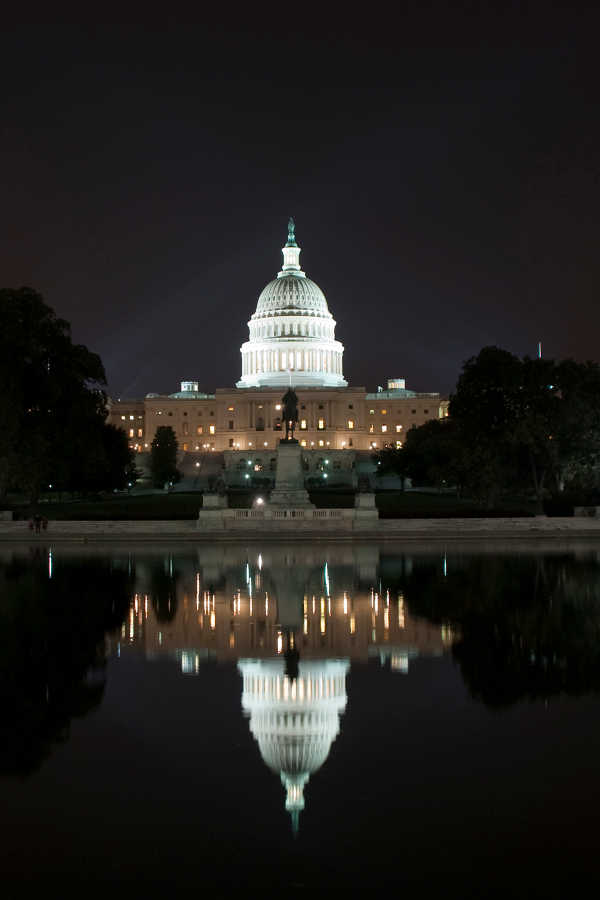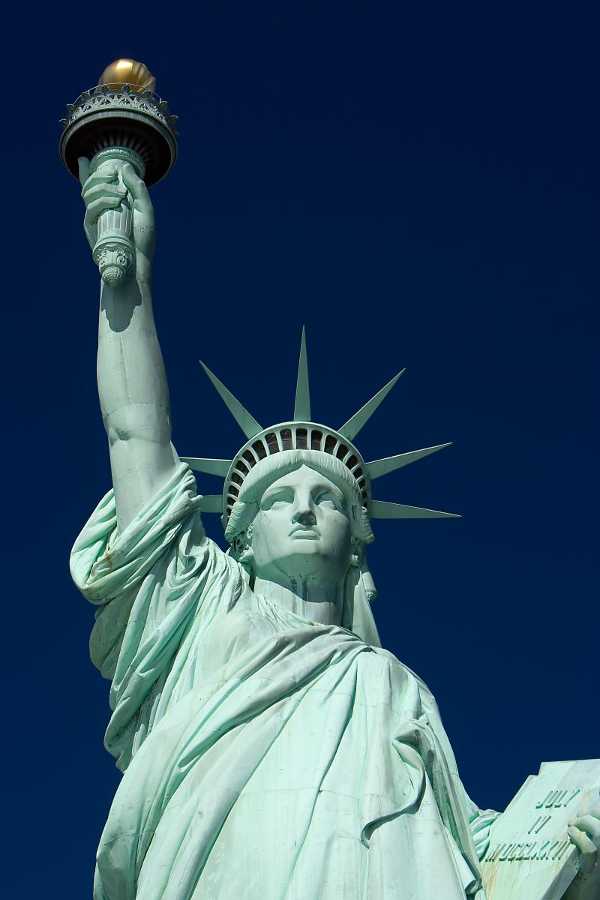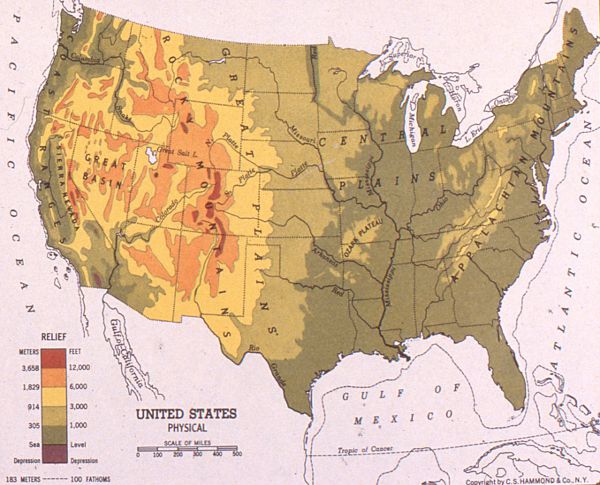|
|

|
I. February 24, 1868 - In 1865, following Lincoln's assassination, Andrew Johnson becomes the 17th President of the United States. In February 1868 Johnson is impeached on 11 counts, by a 126-to-47 vote in the House of Representatives. He survives the Presidency by one vote (a 2/3 vote is required for impeachment), as 35 of the 54 Senators vote against him. Johnson, who was born in Raleigh, North Carolina and represented the state of Tennessee, became Vice-President after the election of 1864. President Johnson did not receive his party's Presidential nomination in 1868; however, he was elected to the U.S. Senate in 1874.
J. 1879 - In 1879, Thomas Alva Edison invented the incandescent electric light bulb at Menlo Park, New Jersey. He would later organize companies to manufacture and sell his electrical inventions. General Electric would become the largest, coining the phrase, "progress is our most important product."
K. December 17, 1903 - Wilbur and Orville Wright, two bicycle mechanics from Ohio, made the first airplane flight at Kitty Hawk, North Carolina.
L. April 6, 1917 - The Congress of the United States declares war on Germany entering World War I. Three years after its beginning, an armistice is signed ending the war on November 11, 1918.
M. August 26, 1920 - After the United States has been in existence 144 years, the 19th Amendment to the Constitution is ratified, allowing women the right to vote.
N. May 21, 1927 - Charles Lindbergh becomes the first pilot to cross the Atlantic alone without a stop. Taking off in Long Island, New York, he lands in Paris, France 33 1/2 hours later: a hero of world renown.
O. The Depression - Just when it started, no one is really sure. But it ravaged this nation like no war. Its effects have been impossible to gauge and the reasons for its coming are unanswerable.
P. December 7, 1941 - On Sunday morning, Pearl Harbor, an American Naval Base in Hawaii, is attacked by a mass of Japanese bombers. The attack kills over 2,000 men, while destroying hundreds of ships and planes.
Q. December 8, 1941 - September 2, 1945 - The United States Congress declares war on Japan, entering World War II.
|
|




























































